On Pope Benedict’s last day as pontiff, Fr. Ron Nuzzi of the Alliance for Catholic Education recalls the Holy Father’s support of Catholic education:
Popes do not often have high levels of engagement with the world of K-12 Catholic schooling, but Benedict XVI will be long remembered and often quoted by Catholic educators in the United States.
“How beautiful are the footsteps of those who bring good news” (Romans 10:15). Saint Paul wrote those words to Christians in Rome, but it was Pope Benedict XVI who spoke them to a group of Catholic educators. The occasion was a pastoral visit to the United States in April 2008.The venue was a conference hall at The Catholic University of America in Washington, DC.
With this biblical phrase first formulated by the prophet Isaiah (Isaiah 52:27) and then quoted by Saint Paul, Pope Benedict praised the dedication and commitment of Catholic educational leaders, including teachers, principals, diocesan superintendents, religious educators, university presidents, and professors.
Read the rest here.
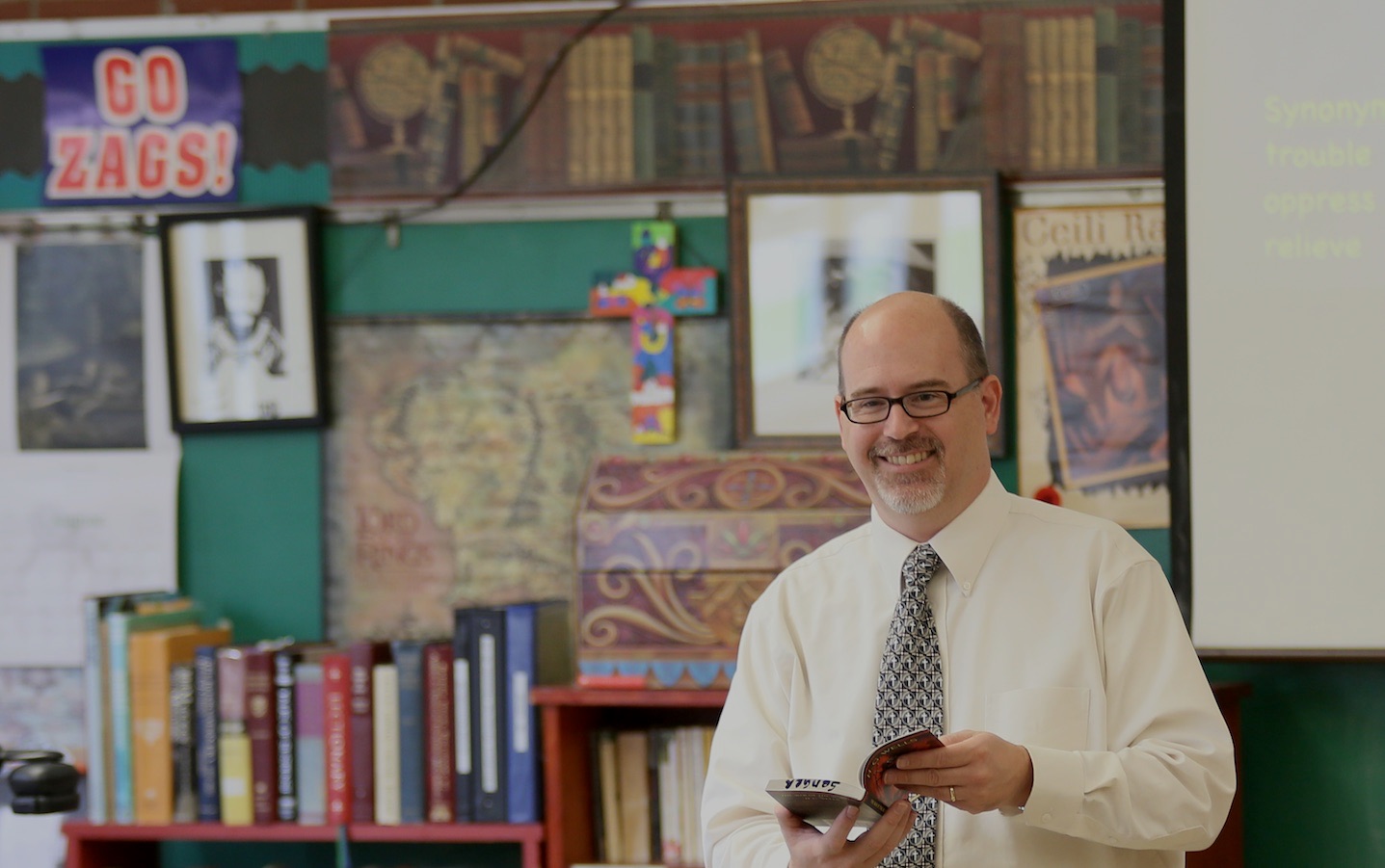

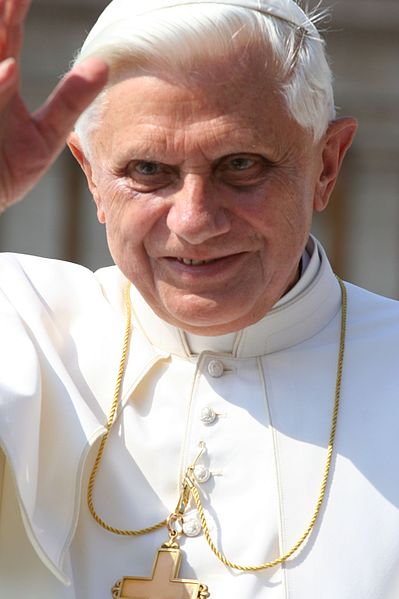 Important efforts are…being made to preserve the great patrimony of America’s Catholic elementary and high schools, which have been deeply affected by changing demographics and increased costs, while at the same time ensuring that the education they provide remains within the reach of all families, whatever their financial status. As has often been mentioned in our meetings, these schools remain an essential resource for the new evangelization, and the significant contribution that they make to American society as a whole ought to be better appreciated and more generously supported.
Important efforts are…being made to preserve the great patrimony of America’s Catholic elementary and high schools, which have been deeply affected by changing demographics and increased costs, while at the same time ensuring that the education they provide remains within the reach of all families, whatever their financial status. As has often been mentioned in our meetings, these schools remain an essential resource for the new evangelization, and the significant contribution that they make to American society as a whole ought to be better appreciated and more generously supported.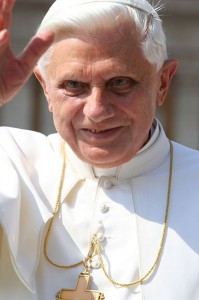
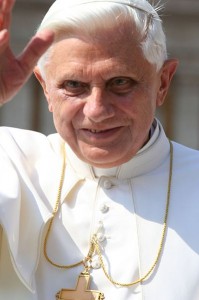 beautiful; it means providing reasons and goals for life’s journey, presenting the beauty of the person of Jesus and making people love Him, His lifestyle, His freedom. … Above all it means holding up the goal of … that ‘extra’ that comes to us from God. This requires personal knowledge of Jesus, a personal, daily and loving contact with Him in prayer, meditation on the Word of God, faithfulness to the Sacraments, the Eucharist, Confession; it means communicating the joy of being part of the Church, of having friends with whom to share, not only the difficulties but also the beauties and surprises of a life of faith.
beautiful; it means providing reasons and goals for life’s journey, presenting the beauty of the person of Jesus and making people love Him, His lifestyle, His freedom. … Above all it means holding up the goal of … that ‘extra’ that comes to us from God. This requires personal knowledge of Jesus, a personal, daily and loving contact with Him in prayer, meditation on the Word of God, faithfulness to the Sacraments, the Eucharist, Confession; it means communicating the joy of being part of the Church, of having friends with whom to share, not only the difficulties but also the beauties and surprises of a life of faith.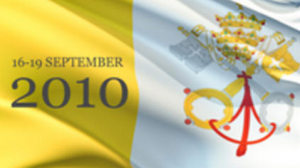 On September 16, Pope Benedict XVI will make an apostolic journey to the United Kingdom, spending four days in England and Scotland. The Catholic Communication Network in London has put together a
On September 16, Pope Benedict XVI will make an apostolic journey to the United Kingdom, spending four days in England and Scotland. The Catholic Communication Network in London has put together a